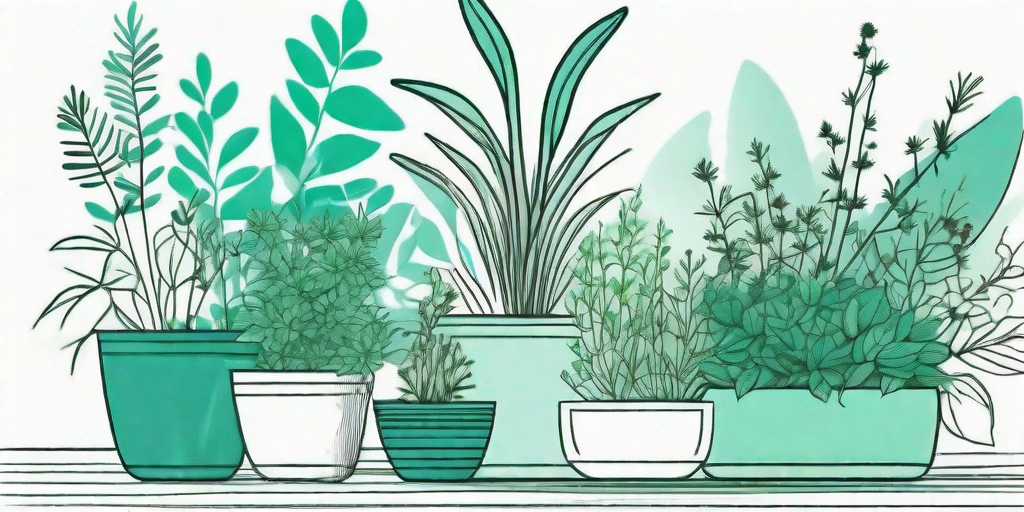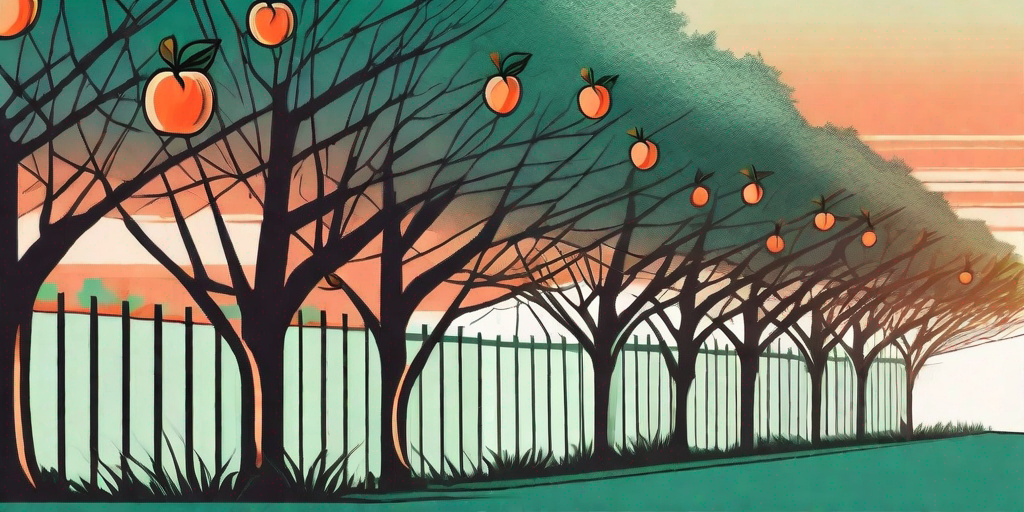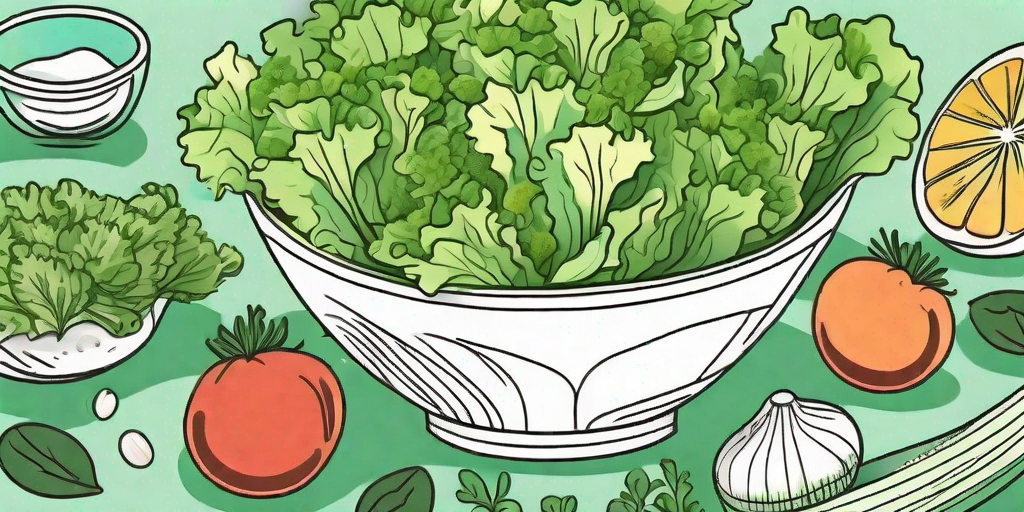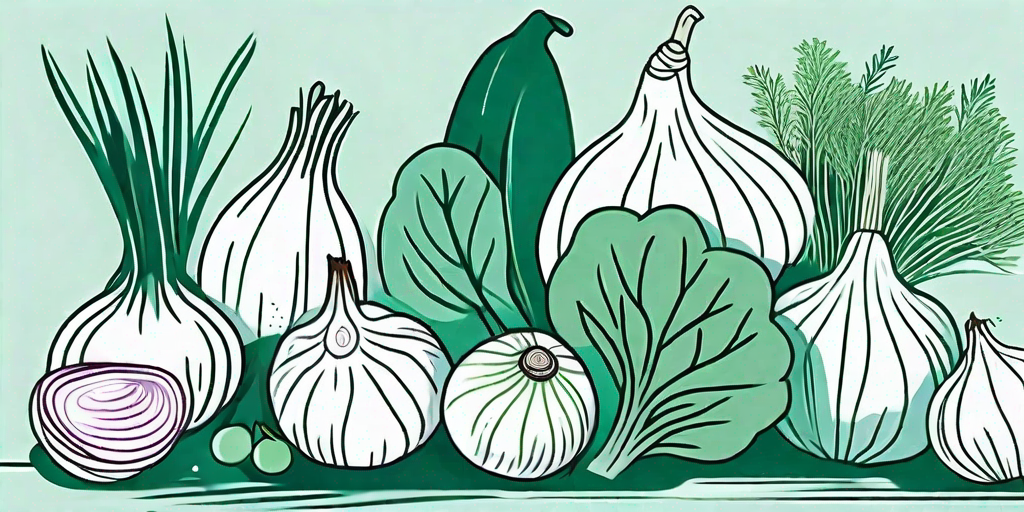
Greetings, green-thumbed enthusiasts and herb aficionados! If your indoor garden is more like a dimly lit cave than a sun-soaked greenhouse, fear not. This guide will illuminate the path to growing herbs in low light conditions. Let's delve into the verdant world of shade-loving herbs, shall we?
Understanding Light Conditions
What is Low Light?
Before we dive into our list of herbs, let's define what we mean by 'low light'. It's not about growing plants in pitch darkness, like some kind of botanical vampire. Rather, it refers to areas that receive indirect sunlight or are shaded for most of the day.
Think of spaces near north-facing windows, or rooms that only get a few hours of morning or late afternoon sun. If you're still unsure, a simple trick is to see if you can read a book in the area without straining your eyes. If you can, then it's probably a low light area.
Why Some Herbs Thrive in Low Light
Not all plants are sun worshippers. Some herbs, like those we're about to introduce, have adapted to thrive in low light conditions. They've evolved to grow in the understory of forests, shaded by taller plants, or in regions with less intense sunlight.
These shade-loving herbs have larger, greener leaves to absorb as much light as possible. They're the introverts of the plant world, preferring a quiet corner to a sunny spotlight.
The Best Herbs for Low Light Conditions
Mint
First up, we have the ever-popular mint. This herb is a true survivor, thriving in a variety of conditions, including low light. It's like the Bear Grylls of the herb world. Whether you're a fan of peppermint or spearmint, these herbs will happily grow in your dimly lit corners.
Just be aware, mint has a tendency to spread faster than gossip at a garden party. To prevent it from taking over, consider planting it in a pot rather than directly in the soil.
Parsley
Next on our list is parsley. This herb is more than just a pretty garnish on your dinner plate. It's a hardy plant that can handle lower light conditions. Plus, it's packed with vitamins and minerals, making it a healthy addition to your meals and your indoor garden.
Remember, parsley is a slow grower, so don't be disheartened if it doesn't sprout overnight. Patience is a virtue, especially in gardening.
Chives
Chives are another great option for low light areas. These onion relatives bring a subtle, savory flavor to dishes and a pop of green to your indoor garden. They're like the understated, yet essential, guest at a dinner party.
Chives are perennial plants, meaning they'll keep coming back year after year, even in low light conditions. Just make sure they have well-drained soil to keep them happy.
How to Care for Your Low Light Herbs
Watering
Watering your herbs is a bit like making a good cup of tea. It's all about balance. Too much water and your herbs will drown. Too little and they'll dry out. The key is to keep the soil moist, but not waterlogged.
Remember, low light herbs generally need less water than their sun-loving counterparts. So, resist the urge to overwater. It's better to underdo it than overdo it.
Feeding
Even though these herbs are low light champions, they still need nutrients to grow. A good quality potting mix and regular feeding with a balanced fertilizer will keep them healthy and productive.
Think of it as a spa day for your herbs. They'll thank you with lush growth and delicious flavors.
Frequently Asked Questions
- Can I grow herbs in a room with no windows?
While some herbs can tolerate low light, they still need some natural light to photosynthesize and grow. If you're trying to grow herbs in a windowless room, consider using a grow light to supplement their light needs.
- What if my herbs aren't growing?
Herbs can be slow growers, especially in low light conditions. Make sure they're getting enough water and nutrients. If they're still struggling, they might need a bit more light than they're currently getting.
- Can I grow herbs from seeds in low light conditions?
Yes, you can start herbs from seeds in low light conditions. However, they might take a bit longer to germinate and grow than they would in brighter light.
So, there you have it, folks. A comprehensive guide to growing herbs in low light conditions. Remember, every plant is a bit different, so don't be disheartened if your first attempt doesn't go as planned. Keep experimenting, keep learning, and most importantly, keep having fun with your indoor gardening adventures.











